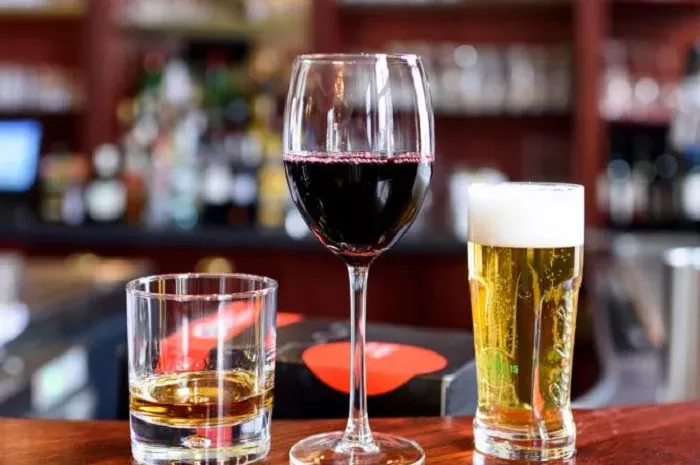Global beer corporations are increasingly using their financial power to edge out smaller competitors, leaving independent breweries locked out of many local pubs, according to new research.
Figures from the Society of Independent Brewers and Associates (Siba) show that the number of independently owned breweries in the UK fell by 100 last year to 1,715, continuing a downward trend. In its annual independent beer report, parts of which were shared with The Guardian, Siba warns that tough market conditions have been exacerbated by major obstacles in accessing local pubs.
A survey of Siba members revealed that 60% of the pubs within a 40-mile radius were effectively inaccessible to independent brewers. This restriction not only chokes off vital revenue streams but also reduces consumer choice at the bar.
Independent brewers blame financial arrangements imposed by larger breweries and certain pub chains, including restrictive agreements that dictate which beers pubs are allowed to sell. The report highlights that some large brewers have taken advantage of pubs’ financial struggles in the aftermath of the Covid-19 pandemic, offering loans tied to exclusive stocking agreements.
Additionally, thousands of pubs operate under “beer ties,” meaning they lease their premises from pub companies that can control their beer offerings. Of Siba’s 700 members, 79% cited monopolized beer lines by large brewers as the primary barrier to market access. Although Scottish pubs benefit from the legal right to stock a “guest” beer, no such provision exists in the rest of the UK.
Around 5% of Siba members reported further challenges, including demands from large pub chains for substantial discounts—rates that are often unfeasible for smaller producers.
Jamie Delap, managing director of the award-winning Fyne Ales brewery in western Scotland, described the situation as the industry’s “biggest challenge,” citing widespread unfair competition.
“There is so much unfair competition in this industry,” Delap said. “The way the big brewers compete is designed to make it more difficult for the smaller, independent people to get in.”
Andy Slee, chief executive of Siba, said the lack of access to pubs runs counter to consumer demand.
“It’s shocking that a local independent brewery can’t offer its beers to a majority of pubs in the local area,” Slee said, calling for government intervention to open up the market.
In response, a spokesperson for the British Beer and Pubs Association (BBPA), which represents large pub-owning companies, defended the current market conditions.
“The UK beer market allows brewers both big and small to thrive, proven by a soaring number of brewers over the last two decades,” the spokesperson said. “What holds brewers back is that they are the highest-taxed sector of the economy,” they added, calling on the government to reform packaging taxes and reduce beer duty.
The UK saw a surge in independent breweries following tax breaks introduced by then-chancellor Gordon Brown in 2002, sparking a “craft beer revolution.” However, growth has since slowed and reversed, with larger corporations acquiring many popular small brewers.
Notable acquisitions include Heineken’s purchase of Beavertown and Brixton breweries, and AB InBev’s £85 million acquisition of Camden Town Brewery in 2015. The wave of buyouts eventually led Siba and its members to abandon the “craft beer” label last year, opting instead for the term “indie beer” to better reflect their independence.
You Might Be Interested In:


